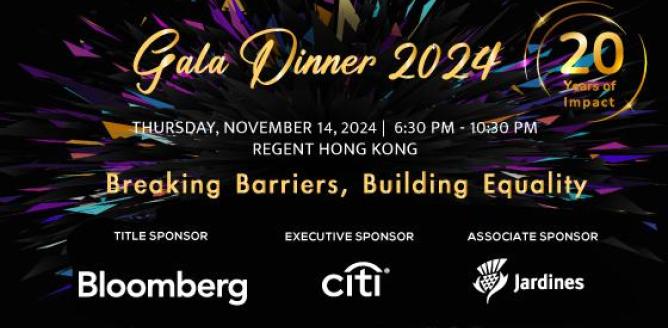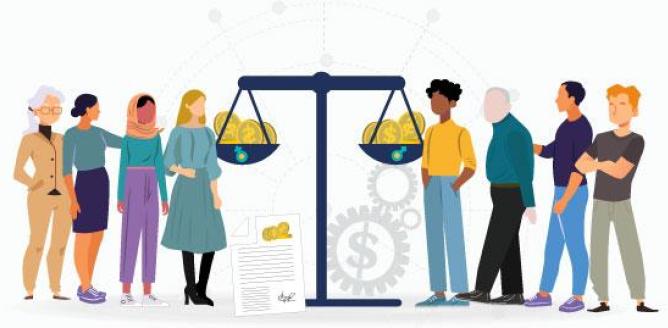As we cautiously emerge on the other side of the fifth wave of the pandemic, Hong Kong is facing a talent shortage. A survey from the Hong Kong General Chamber of Commerce revealed that 40% of responding employers were facing a talent shortage, with the loss of skilled and knowledgeable employees being of particular concern. While many companies are considering the prospect of hiring overseas talent, there is an under-utilised population in Hong Kong that could fill this gap: employee candidates aged 50 and over. To do so, we must first combat ageism.
Ageism is a highly prevalent form of discrimination in Hong Kong. According to a survey by the Association of the Retired Elderly, individuals over 50 have difficulty finding employment, with 34% of respondents noting they did not meet job requirements due to their age. Those that are already employed find multiple forms of age bias at work. An Equal Opportunities Commission commissioned survey showed that 35% of respondents reported that they had experienced some form of age discrimination at work in the past five years, the most common types of discrimination including lower pay, being passed up for promotion and being let go after a restructuring. Among those who faced age discrimination, 40% experienced negative impact on their overall well-being, including psychological stress and decreased work satisfaction.
Women in this age group face additional layers of discrimination. Research indicates that as men age, they are considered more valuable and competent while women are not. Older women face greater discrimination than their male counterparts in areas such as hiring and compensation. The perception of decreased physical attractiveness among older populations also negatively impacts women at work. Workplace stigma around women-specific issues such as menopause may result in women being more likely to move to part time work or take an early retirement.
At TWF, we are particularly concerned about the intersection of ageism and sexism. With an ageing population, longer lifespans and better health, ensuring the financial security and mental wellbeing of populations aged over 50 is key. This is particularly true for women who live five years longer than men on average and are more vulnerable to financial instability due to gender gaps in pay, gendered barriers to advancement in the workplace and a greater likelihood to take on child and elder care responsibilities which result in career breaks. Our research with HKU and HSBC noted that the significant financial burden of caregiving in particular (majority women) could have concerning implications for their future financial well-being. These concerns are exacerbated by the inability to find work commensurate with education and experience past conventionally typical retirement age, which – in most cases – has not been adjusted with increasing lifespans.
To fully utilise the rich set of experiences and knowledge this population has to offer, we need all sectors to help combat discrimination. Employers can do more to promote a multi-generational and age diverse workplace. Media should feature more women over 50 as well as to diversify the types of roles they are featured in – these recommendations from the Geena Davis Institute on Gender in Media are a good place to start. Importantly, Hong Kong needs a law protecting employees against age discrimination – which includes being deliberately overlooked for promotions or forced into retirement. We will continue to urge the Government to implement an age discrimination ordinance.
Together, let's work to combat gender and age discrimination so that everyone has the opportunity to thrive in their careers for as long as possible and we can all reap the benefits of an age inclusive workforce.
Get in touch at Fiona.Nott@twfhk.org.





















